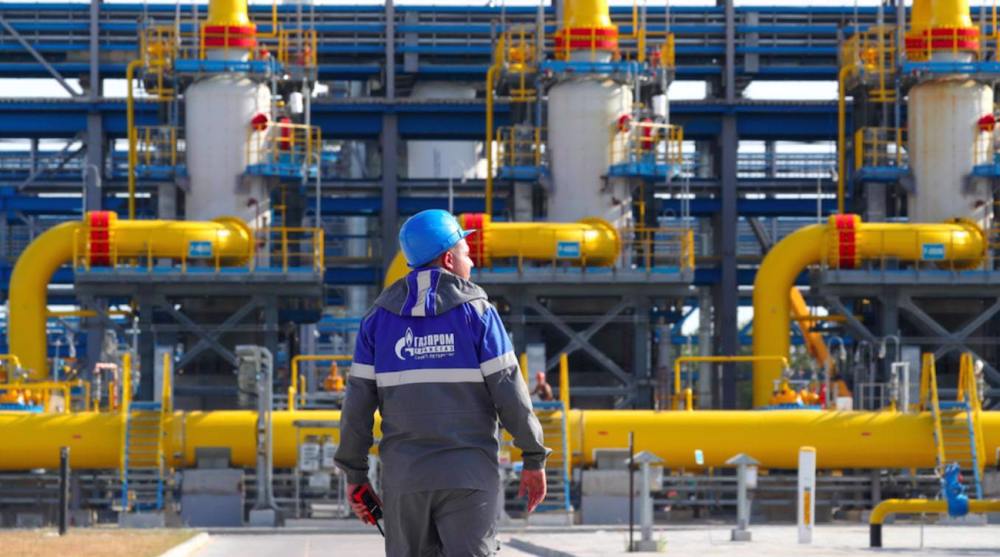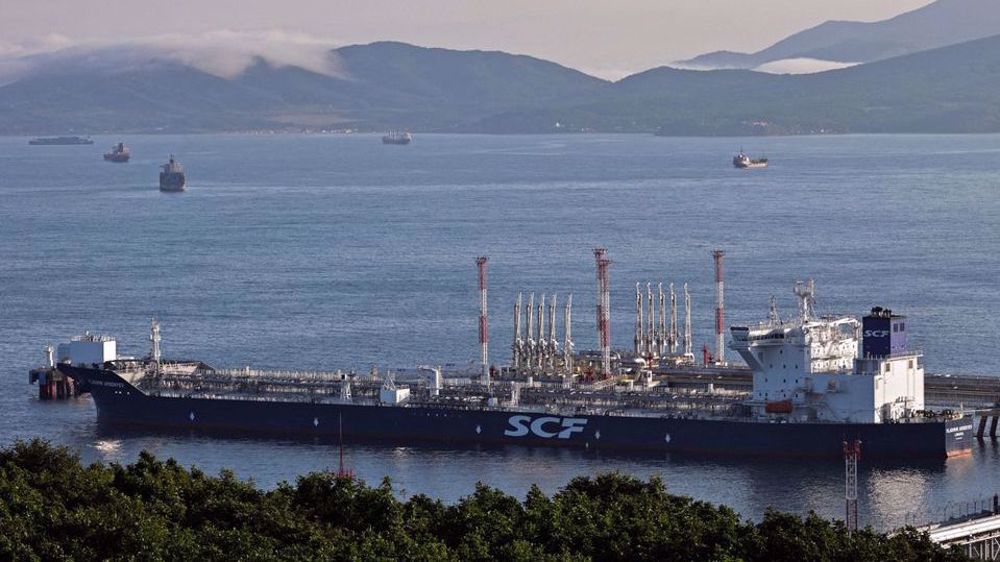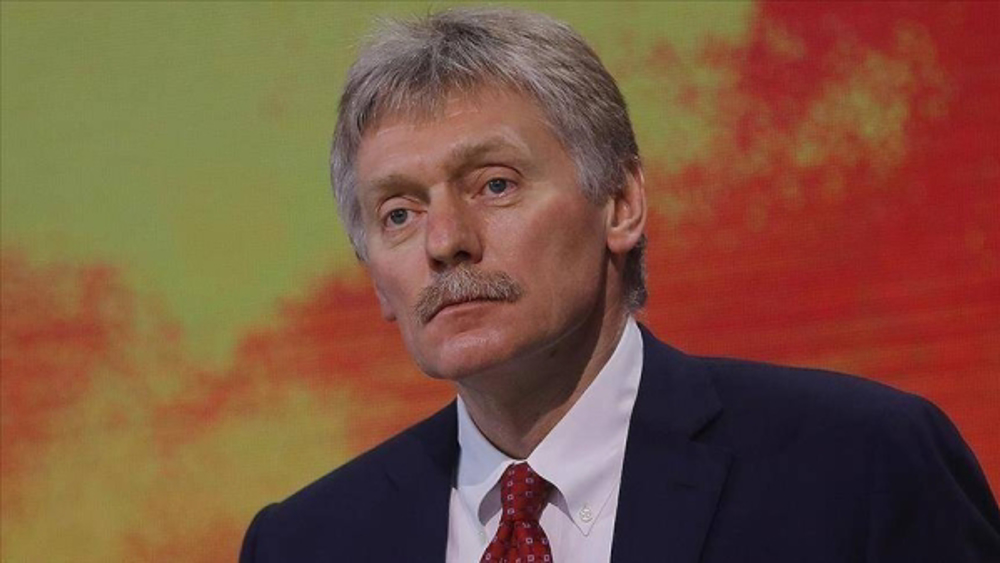G7 postpones review of price cap for Russian oil to weather energy crisis
The Group of Seven (G7) countries have agreed to postpone reviewing the level of the price cap on Russian oil exports for further appraisal of the global market, the US Treasury says, in what is viewed as a last-ditch effort to scrape through the chilly winter and offset repercussions of the world energy crisis in the aftermath of anti-Moscow sanctions.
The announcement was made on Friday after US Deputy Treasury Secretary Wally Adeyemo met virtually with officials representing the global coalition of countries imposing the price cap on seaborne Russian crude oil to discuss their progress to date and identify further steps to finalize the price cap policy for Russian refined products.
The US Treasury Department said in a statement that the G7 officials had agreed to review the level of the price cap on exports of Russian oil in March, later than originally planned in order to give time to assess the market after more caps are placed on oil products from Russia.
The G7 economies, the European Union and Australia agreed on December 5 to ban the use of Western-supplied maritime insurance, finance and brokering for sea-borne Russian oil priced above $60 per barrel as part of sanctions on Moscow for its months-long war on Ukraine.
The coalition was initially scheduled on February 5 to set two caps on Russian oil products, with one for products that trade at a premium to crude, such as diesel or gas oil, and the other for products that trade at a discount to crude, such as fuel oil.
"The Deputies agreed that this approach will better calibrate the price cap policy for refined products, given the wide range of market prices at which these products trade," the Treasury statement said.
The US Treasury stressed that the oil price cap has two goals, which included “limiting Russia’s revenues from oil exports” by institutionalizing heavy discounts on its oil bought by big consumers like China and India, and “stabilizing global energy supplies.”
"As long as the price cap continues to meet the coalition’s dual goals, the Deputies agreed to undertake a review of the level of the crude price cap in March," the statement said.
The March date, as the statement added, allows the coalition to assess developments in global markets after implementation of the refined products caps, and to be briefed on a European Union technical review of the crude price cap.
On December 2, the European Union and the Group of Seven industrialized nations -- that includes the UK, Germany, Italy, Canada, the Unites States, France, and Japan -- agreed on a $60-per-barrel price cap on Russian oil imports in an alleged attempt to starve Russia's ongoing military campaign in Ukraine.
Three days later, the EU also started enforcing an oil embargo on Russian crude deliveries by sea that would ban shipments, which reportedly account for two thirds of its imports.
Similar steps were taken by the Group of Twenty countries and Australia, which also included banning Western companies from offering transport, financial and insurance services to tankers shipping oil from Russia at a price exceeding the agreed price cap.
As Western countries and their allies rallied to put limits on Russian energy prices, especially its natural gas, Moscow said it would never accept any caps placed by any foreign party on its energy resources.
Speaking during a televised interview, the Kremlin spokesman Dmitry Peskov said "any price caps are unacceptable," despite the fact that the limits are set rather high, because it is a matter of principle. "It is interference into market pricing processes.... That is why it is out of the question."
Peskov said, "And if today we accept this generous limit, tomorrow we will have to accept a limit infringing upon our interests," adding, "We will never accept such distortion and destruction of the market pricing process."
Later In December, Germany, Netherlands and four other European Union member states opposed extending a proposed price cap on natural gas to over-the-counter trade and short-term markets, warning that any intervention must ensure prices in the region stay competitive with world markets.
The group, which includes Austria, Denmark, Luxembourg and Estonia, reportedly called for the so-called market correction mechanism to include an automatic suspension clause.
Iran warns against US-Israeli plot to weaken Muslims, dominate region
VIDEO | Public uproar in US against Israeli regime
‘Ghost town’: 70% of Jabalia buildings destroyed by Israel
Mother’s Day: Sareh Javanmardi’s inspiring journey as Paralympic champion and mother
Russia downs over 40 Ukrainian drones as Putin vows 'destruction' on Kiev
VIDEO | Yemen: A bone in Israeli neck
D-8’s role in Iran’s economy after Cairo summit
China slams US as ‘war-addicted’ threat to global security












 This makes it easy to access the Press TV website
This makes it easy to access the Press TV website